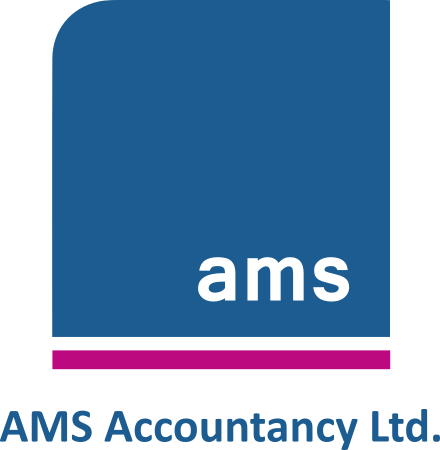R&D
What we do
What we do
We help our clients make R&D Tax Relief claims meaning lower Corporation Tax bills or repayable R&D tax credits.
This generally involves:
• Carrying out an initial discussion with you to identify if a claim is possible.
• Providing advice on what qualifies as an R&D project and/or on what you need to do to meet the qualifying criteria.
• Preparing a technical document based on HMRC guidance.
• Reviewing qualifying expenses and advise on what costs will be eligible to be included on the claim.
• Recording the claim and support documents on the company corporation tax return.
Unlike many niche R&D businesses out there, we do not seek to claim a percentage of any R&D tax relief but simply invoice on a time cost, or agreed fee, basis.
What is R&D
R&D (Research & Development) is the process of gaining new knowledge, in an area of science and technology, and then creating, developing and implementing new products and services subject to certain conditions.
For many companies, it is necessary to undertake R&D to enable them to gain a competitive advantage over other businesses in their industry – and, in turn, this can boost the UK economy. However, R&D is often financially risky because it takes time, effort and money to develop new products and services, often with no guarantee of success.
As a result, to encourage UK businesses to invest in R&D, the government introduced two types of R&D tax relief. https://www.gov.uk/guidance/corporation-tax-research-and-development-rd-relief
R&D tax relief for Small and Medium Enterprises (SMEs)
The R&D relief for SMEs is currently 186%. That means that for every £1 of qualifying expenditure your company makes, it receives an additional 86p of tax relief. So, every £1 of R&D spent yields a deduction of £1.86 against taxable profits (potentially saving Corporation Tax at 19%, 25% or 26.5%).
Also, loss making companies with no Corporation Tax to pay can claim repayable tax credits calculated at 10% of the R&D claim.
R&D Expenditure Credit (RDEC) for Large companies
Large companies can claim RDECs for working on R&D projects. The RDEC is a tax credit of 20% of your qualifying R&D expenditure – but this tax credit is itself subject to Corporation Tax.
RDECs can also be claimed by SMEs and large companies who have been subcontracted to do R&D work by a large company.
What rules need to apply for an R&D project to qualify for one of the R&D schemes?
- There has to be a project focused on the issue to be resolved;
- There has to be an intention to achieve an advance in science or technology;
- The project must relate to the company’s trade – an existing one or one it intends to start based on the results of the R&D;
- The company has to explain how its project sought to overcome the uncertainty around the advance it wants to achieve;
- The issue has to be one that cannot be easily overcome by a professional working in that field;
- The process, product or service can still be an advance if it has been developed by another company but isn’t publicly known or available. For instance, there are many companies currently working on both electric cars and driverless cars. They will each be claiming R&D tax relief;
- The project can research or develop a new process, product or service, or improve an existing one,
What expenses count as Qualifying expenditure in an R&D claim
- Staff costs
- Software
- Consumable or transformable items
- Contracted out R&D costs (generally only in the UK) (65%)
- Externally provided workers (65%)
- There are also R&D allowances which allow for full relief for qualifying capital expenditure.
Time limit for making an R&D claim
Generally, the rule is that one must make an R&D claim within two years from the end of a relevant accounting period. But a company must inform HMRC of its intention to make its first claim (or first for three years) within 6 months of the end of an accounting period.
Get in touch today for a free consultation.
We are very happy to meet you to discuss your business or even your idea for a business. We will advise you on the most tax efficient structure if you are setting up and we can review your business if you are already trading.
